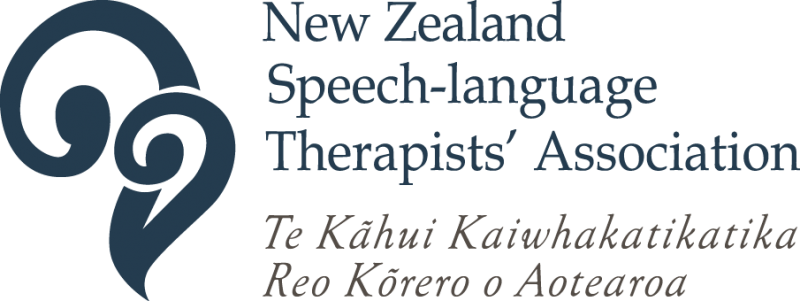Speech-language therapists (SLTs) are the experts in supporting effective communication, speech and language and safe eating, drinking and swallowing for everyone.
Speech-language therapists study, assess, work out the problem, and give advice and therapy, helping you and your whānau find the right tools.
Communication problems may include difficulties with:
- speaking
- listening
- understanding language
- reading
- writing
- social skills
- stuttering
- voice.
Babies, children, or adults with swallowing problems may risk poor nutrition and dehydration and may not take in enough nutrients to support growth and brain development.
There are many reasons. For example:
- cleft palate
- autism
- developmental delays
- stroke
- brain injuries
- learning disability
- intellectual disability
- cerebral palsy
- dementia
- hearing loss and other problems that can affect speech and language.
A speech-language therapist can also help people who experience difficulties swallowing food and liquids safely.
Speech-language therapists work with people of all ages, from newborns to older adults, at the end of their life.
No one is too young or too old.
Speech-language therapists work with children, adults, families, carers and the wider workforce to carry out assessments and plan personalised therapy programmes that meet each individual's communication and swallowing needs.
They work in a wide variety of environments, including:
· kindergartens and child care centres
· schools
· hospitals – inpatient and outpatient
· homes
· courtrooms, prisons and young offenders' institutions
If you are considering a career in speech and language therapy?
Browse our information on becoming a speech and language therapist in the careers section of this website.
